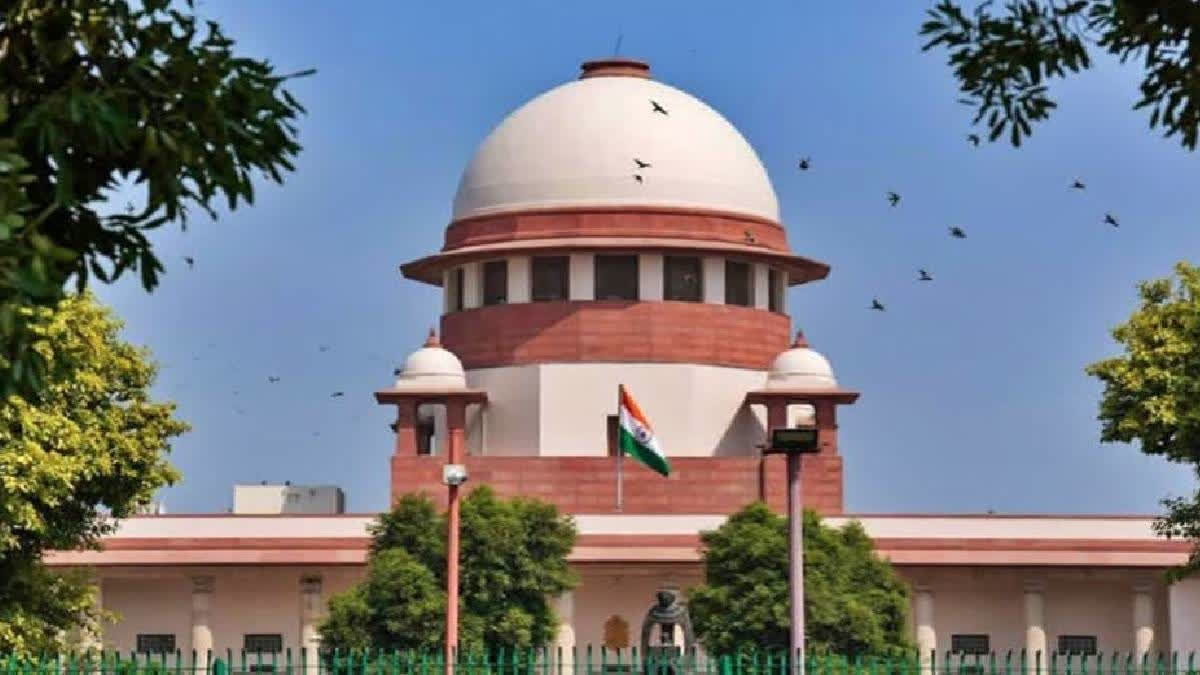New Delhi:The Supreme Court has said the stress of long trials on accused persons, who remain innocent until proven guilty, can also be significant: loss of job or accommodation, damage to personal relationships, the financial burden of legal fees, and also there is no financial compensation for lengthy pretrial incarceration.
The top court stressed that if an accused person is found not guilty, he may have likely endured many months of being stigmatised and perhaps even ostracised in their community, while granting bail to Tapas Kumar Palit, arrested on March 24, 2020, under the Unlawful Activities Prevention Act (UAPA), in Chhattisgarh for carrying Naxalite materials.
Emphasising inordinate delay in trials, which results in incarceration, a bench comprising Justices J B Pardiwala and R. Mahadevan said: “We would say that delays are bad for the accused and extremely bad for the victims, for Indian society and for the credibility of our justice system, which is valued".
The bench, in a judgment delivered on Friday, said judges’ are the masters of their courtrooms and the Criminal Procedure Code provides many tools for the judges to use in order to ensure that cases proceed efficiently.
The bench said it may sound as the court is laying some guidelines, but the time has come to consider this issue of delay and bail in its true and proper perspective. The bench said if an accused is to get a final verdict after incarceration of six to seven years in jail as an undertrial prisoner, then, definitely, it could be said that his right to have a speedy trial under Article 21 of the Constitution has been infringed.
The bench said the stress of long trials on accused persons – who remain innocent until proven guilty – can also be significant. It emphasised that the accused persons are also not financially compensated for what might be a lengthy period of pretrial incarceration.
The bench said the accused may also have lost a job or accommodation, experienced damage to personal relationships while incarcerated, and spent a considerable amount of money on legal fees. "If an accused person is found not guilty, they have likely endured many months of being stigmatised and perhaps even ostracised in their community and will have to rebuild their lives with their own resources," said the bench.
